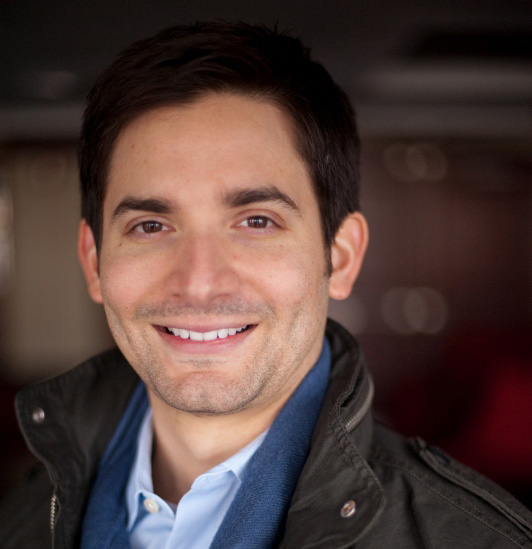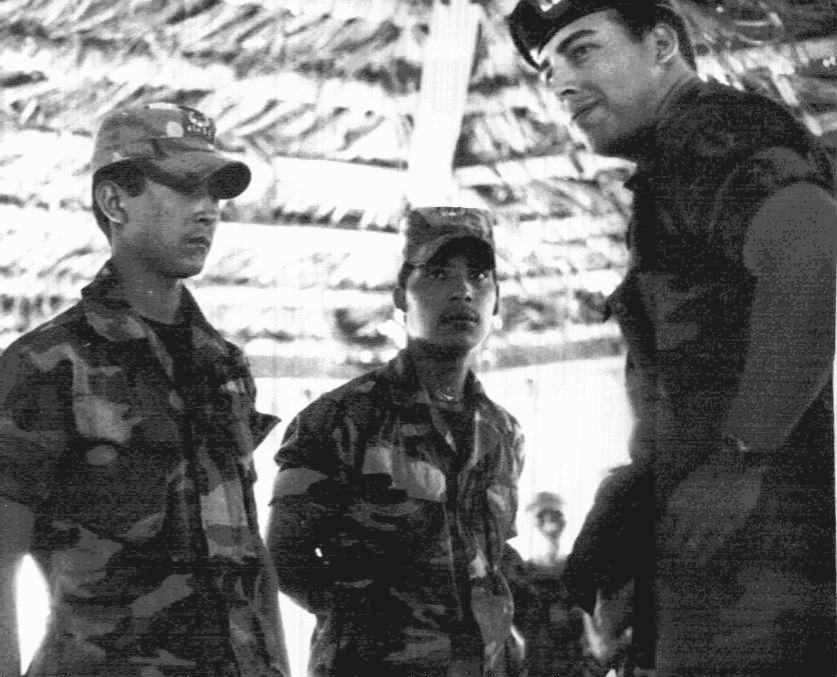Seventy-five percent of Mike Robinson’s 25 employees are women. He takes pride in doing his part to close a decades-long paycheck gap between men and women.
But the chief executive officer of Blue Ash-based LaVerdad Marketing realizes that great challenges remain for companies to achieve paycheck equality across sexes and races.
According to the U.S. Bureau of Labor Statistics, women are paid 77 cents for every dollar their male counterparts earn.
Robinson just doesn’t favor more federal legislation as the solution to the problem.
The issue of paycheck equality came into light this week, when the Democrat-sponsored Paycheck Fairness Act was voted down in the Senate.
It would have made it easier for workers to inquire about pay discrimination, permitting them to disclose salary information with co-workers regardless of company policy.
The bill was expected to fail. It was introduced primarily for political reasons in Democrats’ attempt to portray Republicans as hostile toward women during an election year. The issue is expected to continue to be political fodder in the coming months.
Politics aside, nearly everyone agrees that men and women should be paid equal wages for equal jobs. The challenge is how to get there. Locally, one small business owner and some consultants recommend solutions ranging from measuring paycheck equality in the boardroom to encouraging more women to speak up to their bosses.
“Integrity is doing the right thing for the right reasons when nobody’s watching,” Robinson said. “So that’s what we try to do in my firm.”
The Equal Pay Act of 1963 legally banned pay discrimination based on gender. In 1963, women made 63 cents for every dollar a man earned, meaning there has been an increase of just 14 cents in almost 50 years.
In 2009, the Lilly Ledbetter Fair Pay Act expanded the statute of limitations for an employee to file an equal-pay lawsuit.
Robinson and others, including the U.S. Chamber of Commerce, opposed the Paycheck Fairness Act because of the potential chaos caused by workers openly sharing salaries in the workplace. Businesses also don’t need the burden of any more government regulations, they said.
The bill was “going to make it easier for litigation,” said Denise Kuprionis, a former vice president of the E.W. Scripps Co., who now runs the board consulting firm The Governance Solutions Group. “And the more a business has to put in place to make sure it’s protected from litigation is not going to help the economy.”
The Enquirer contacted several other large and small businesses for this story. All either declined comment or did not return messages.
The problem for companies, Robinson said, occurs especially when young performers are promoted quickly based on their performance and end up supervising more experienced employees. Having those young performers’ salaries made public would put the company in a position to have to justify that salary, which Robinson says should be between the company and the employee.
“Absolutely, I’m all in favor of equality across all levels of diversity,” Robinson said. “However, not everyone is going to be rewarded at the same level as they progress. Just think about a young person that performs so well that they end up managing people who are much senior to them in a very short period of time. Now you have to justify why you’re rewarding the high performer, and that’s the company’s business.”
Robinson formerly worked for Procter & Gamble, where he says he was forbidden to talk about his salary.
“I was a good case study for that because I got promoted very fast,” Robinson said. “By the time I got to a senior manager level, I was coached by (human resources) that we had to be careful because there were people that might be offended by my rapid ascent that they might quit the company.”
Robinson said companies should make paycheck equality a part of their internal reporting structures and a priority at the board level.
The idea would be to measure the number of men and women employees, match them up in terms of their jobs so they are comparing equal positions and making certain that the company is paying employees equally. A smart company would then share that information publicly, Robinson said.
“Showing you are equal and balanced can actually influence how consumers view your product,” Robinson said.
Others say women should speak up more.
“Women can be proactive in speaking up to their managers and human resources staff when they discover pay discrepancies between themselves and male colleagues who have the same job title, level of education, experience and expertise yet are earning more,” said Linda Gravett, senior partner of Gravett and Associates, a consulting firm in Anderson Township.
“If the response (women) hear sounds something like, ‘But you have less experience or expertise than Bob Smith,’ then a woman should ask what opportunities and resources are available through the organization to enhance her experience, expertise and education (to close the) gap,” Gravett said. “I would expect resources to be offered across the board for all employees, such as tuition reimbursement or participation in a mentor initiative.”
A woman should not fear being fired or reprimanded by a supervisor for speaking up, Kuprionis said.
If a female employee fears backlash, then she should first seek the advice of a close friend or adviser.
“It can be scary to go in and say, ‘Hey, I need more money,’ ” Kuprionis said. “But I can’t think of a case where someone was just fired for asking.”








